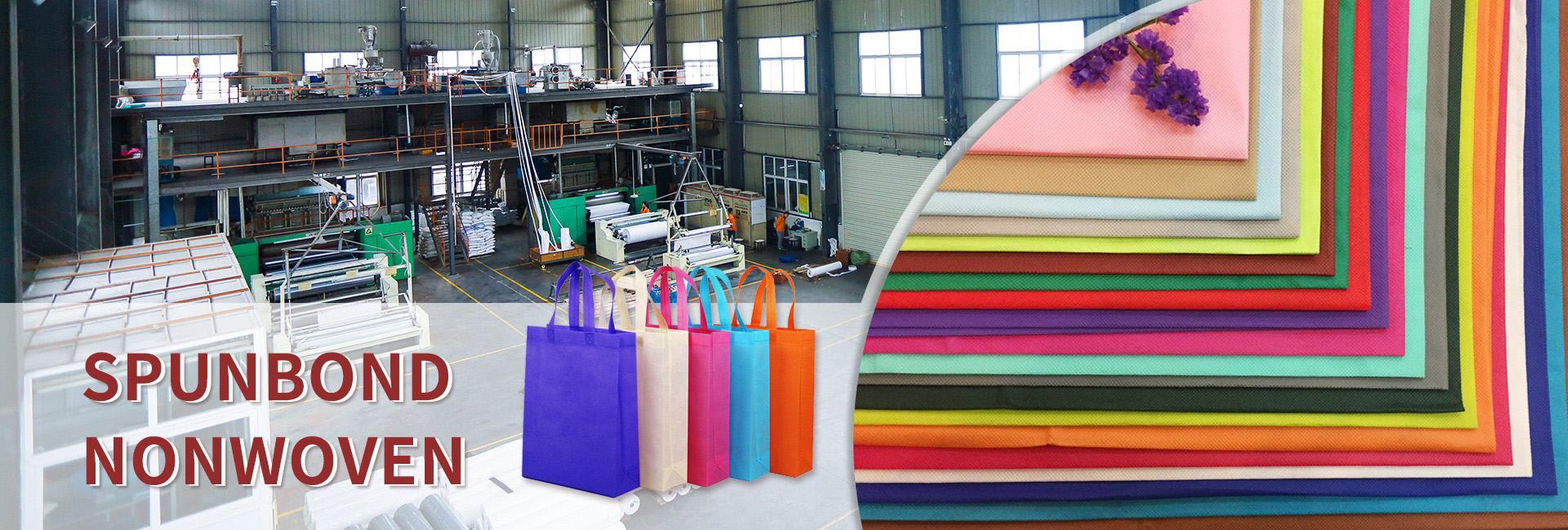Polyester non-woven fabric (PET non-woven fabric) is very suitable as an oil filtration material, especially widely used in filtration scenarios such as industrial oils, cutting fluids, lubricants, rolling oils, and edible oils. Its core advantages lie in chemical stability, mechanical strength, and customizable filtration accuracy. The following is a specific analysis and typical application scenarios:
Core advantage: Performance adapted to oil filtration needs
Chemical Resistance
Polyester (PET) fibers have excellent resistance to oils, weak acids, weak bases, and most organic solvents. They are not easily degraded or deformed when exposed to oil substances for a long time and can work stably in an environment with a pH value of 4-9. For example, in metal processing, cutting fluid contains emulsified oil and metal debris, and polyester filter cloth can be used for a long time without being corroded.
High mechanical strength and durability
High tensile strength in wet state: Polyester needle punched non-woven fabric maintains high strength in wet state (such as tensile strength ≥ 180 N/5cm), can withstand the mechanical tension of filtration equipment and the weight of filter cake, and avoid breakage.
Good wear resistance: The fiber structure is stable, and the filtration accuracy is maintained even after repeated cleaning. The lifespan can reach more than twice that of ordinary fabrics.
Accurate filtering performance
Wide precision range: By adjusting fiber fineness, weight (25-500 g/㎡), and needle density, a filtration accuracy of 4-50 micrometers (μ m) can be achieved, covering the needs of coarse to fine filtration.
High pollutant holding capacity: The three-dimensional mesh structure provides a high porosity (air permeability of 4300 L/㎡· s), with a dust holding capacity of ≥ 140 g/㎡, significantly extending the replacement cycle.
Temperature adaptability
Suitable for a wide temperature range (-40 ℃~150 ℃), meeting the filtration needs of high-temperature rolling oil (such as aluminum foil rolling oil with a temperature of up to 120 ℃) or low-temperature lubricating oil.
Specific application scenarios in oil filtration
Industrial lubricating oil and cutting fluid filtration
Used in centralized filtration systems for machine tool cutting and grinding fluids (such as vacuum paper tape filters and Huffman filters), to filter metal debris and impurities, improve oil cleanliness, and extend tool life.
Case: In the processing of automobile engine cylinder blocks, polyester filter paper (precision 7-50 μ m) can intercept aluminum shavings and iron powder, protecting precision components.
Rolling oil and emulsion filtration (metal processing industry)
During the rolling process of aluminum foil/copper plate, polyester non-woven fabric is used to filter aluminum powder and sludge in the rolling oil, maintain the surface smoothness of the rolling mill, and prevent scratching of the plate.
Technical highlight: The composite interlayer design (such as adding woven fabric at the center) enhances compressive strength, supports 10-12 kg/cm ² high-pressure filtration, and the filter cake automatically falls off.
Refined edible oil
Using FDA/NSF certified polyester adhesive mixed non-woven fabric (such as 70% polyester+30% adhesive), enhanced waterproof and oil repellent through chemical impregnation process, used for wool oil degumming, decolorization process, filtering phospholipids and impurities.
Safety: Non adhesive hot melt process avoids chemical residues and meets food grade requirements.
Fuel and insulation oil purification
In the insulation oil filtration of power plant transformers, polyester filter cloth can remove moisture and particulate matter (accuracy ≤ 10 μ m), ensuring the insulation performance of the equipment.
Process optimization and functional expansion
Anti static treatment: Add conductive fibers or coatings to avoid the risk of static electricity accumulation during oil mist filtration (such as fuel filtration).
Flame retardant modification: Blended flame retardant polyester (such as high melting point PET+low melting point PET) is used to enhance the flame retardancy of the material through hot melt adhesive free process, meeting the safety requirements of high temperature environments (such as steel mill rolling lines).
Oil repellent coating: Surface fluorocarbon treatment enhances oil repellency, reduces oil film adhesion, and improves filter cloth regeneration efficiency.
Selection precautions
Match materials based on oil characteristics
Strong alkaline environment (such as partial cleaning oil) requires the use of polypropylene non-woven fabric (alkali resistant but not acid resistant); It is recommended to choose fiberglass composite polyester 8 for high-temperature oils (>130 ℃).
Precision and Weight Design
High viscosity oil (such as gear oil) requires low weight (50-80 g/㎡) and a large aperture design to reduce clogging; Precision filtration (such as hydraulic oil) requires high grammage (≥ 110 g/㎡) and multi-layer composite.
Equipment adaptability
The plate and frame filter press is suitable for reinforced polyester needle punched felt (tear resistant); Centrifugal filters require high elongation filter cloth (elongation<50%).
Conclusion
Polyester non-woven fabric has become an ideal choice for industrial oil filtration due to its oil corrosion resistance, high tensile strength, controllable precision, and temperature adaptability. When selecting, it is necessary to combine the chemical properties of the oil, working temperature, and equipment type to optimize the weight, flame retardant, or anti-static functional coatings to achieve the best performance. Its mature applications in metal processing, food refining, energy and other fields have fully verified its reliability and economy.
Dongguan Liansheng Non woven Technology Co., Ltd. was established in May 2020. It is a large-scale non-woven fabric production enterprise integrating research and development, production, and sales. It can produce various colors of PP spunbond non-woven fabrics with a width of less than 3.2 meters from 9 grams to 300 grams.
Post time: Jun-27-2025

